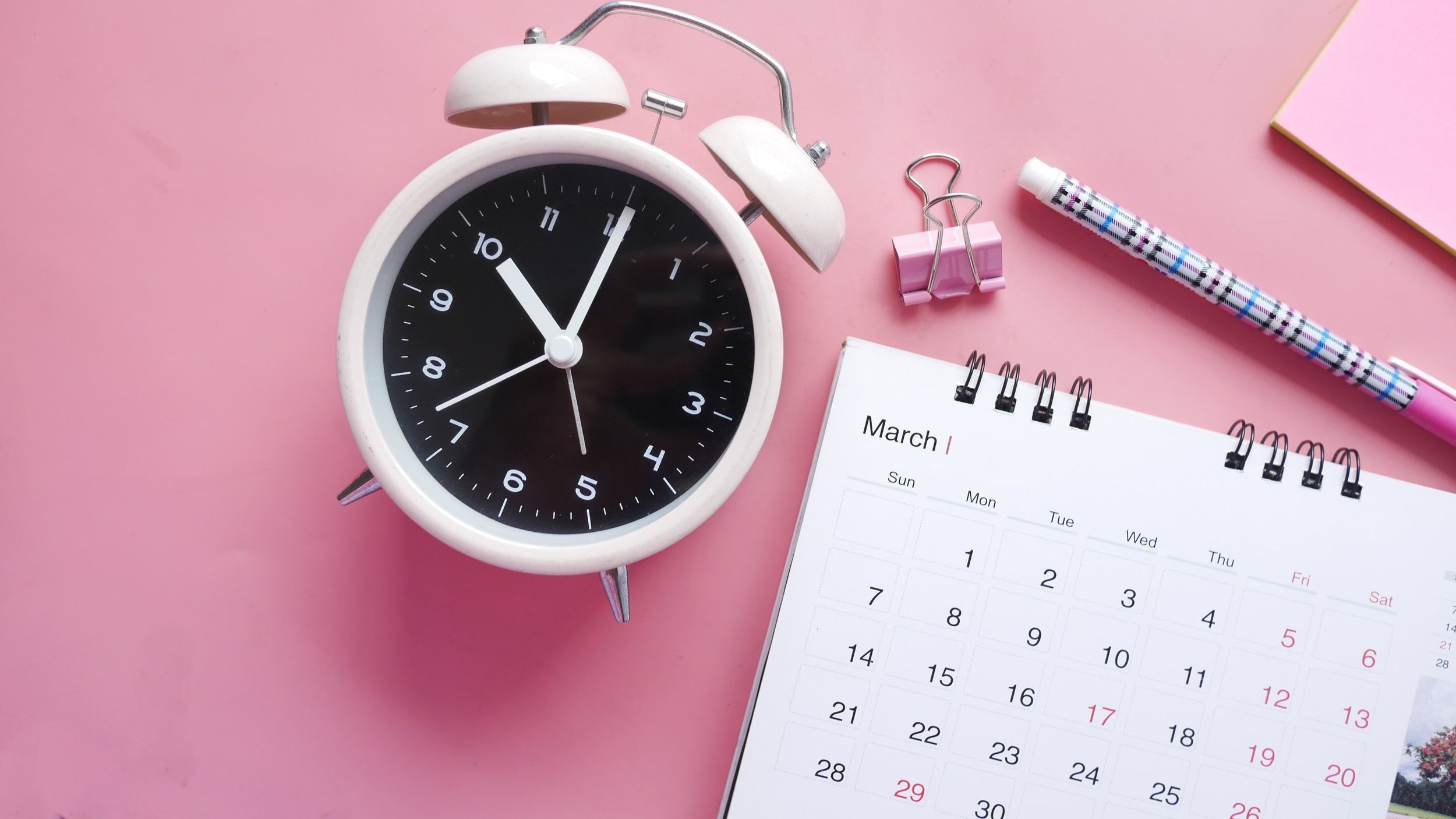Unsplash | Jess Bailey
Starting a daily journaling practice is one thing, but creating a consistent journaling practice is another challenge.
Some days we don't feel like it. Some days we forget. Some days life gets in the way.
How can we ensure we show up to our journal for even 5 minutes?
I journaled for 2 years before I would say my practice became truly a consistent one, so I know it isn't easy.
Here are 4 strategies I used to create a daily journaling practice that stuck.
Plan a time you're going to journal.
If you don't put it in the plan, your journaling practice is likely to get lost in the day.
Plan out the night before when you're going to get in your journaling practice the next day.
Everyone is different on the time of day they like journaling, but if you've never journaled before, I recommend adding it to your morning routine. Journaling in the morning makes it less likely for it to get overshadowed by other things that pop up throughout the day.
Do it before or after something you already do.
Adding a new habit or practice to your day can seem challenging. If you link journaling to something you already do, it can make adding a new thing to your day seem a little more manageable.
Place it before or after making your morning coffee. Maybe you do it before you kick off your work day. Maybe it is before you go to bed every night.
Put it somewhere in your day where it feels good and you can see yourself making it happen.
Use daily journal prompts.
Journal prompts can be a question or statement that you answer in your journal.
Having a daily question or statement to answer can make you more likely to show up to your journal. It can make journaling not feel like such an open-ended task, but a rewarding task that can be accomplished. It can also be a great way to kick off your journal entry if you don't know what to write.
You can think of answering a daily journal prompt as an accountability partner to showing up to your journal.
I have created some daily journal prompts you can use here if you want a place to start.
Look at is as a "get to do" instead of a "have to do."
There are probably a lot of things that you have to do in your day. It is a long list, and yes, planning out your journaling session may feel like it is adding to the list.
How long is your "get to do" list? Do you have a "get to do" list? Adding your journaling practice may be a good place to start.
It may not feel like a "get to do" when you first start journaling as it can still feel challenging, but viewing your journaling practice as something that you get to do for you will make you more likely to show up to it each day.
Watch the Instagram Reel







